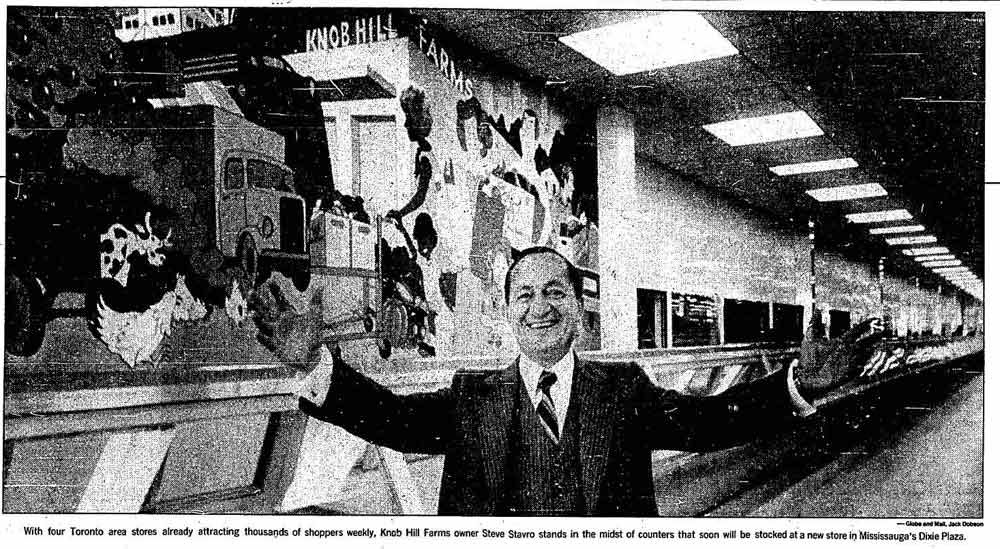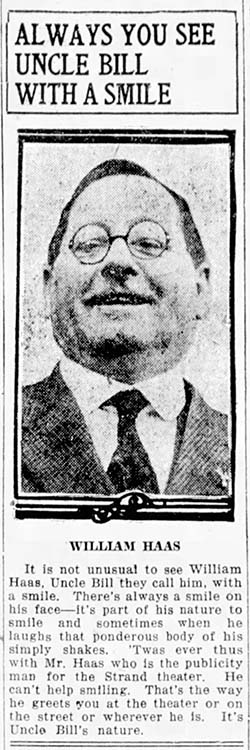This post offers supplementary material for a Torontoist post I wrote several months ago, which I am revisiting in light of the passing of Nelson Mandela.
 |
| Front page, the Toronto Star, February 11, 1990. Click on image for larger version. |
Note that amid the history-making headlines about Mandela's release from prison, a Toronto buffoon made his way to the front page. In this case, it's Maple Leafs owner Harold Ballard, who would pass away two months after this edition.
 |
| Advertisement, Now, May 29, 1986. |
The Toronto Arts Against Apartheid Festival proved controversial during its organizational stages. When the United Way announced the event in November 1985, it gained support from local business leaders. "Here's the time for this city to show where it stands," noted Xerox Canada president David McCamus. Yet there were criticisms that such an event over-politicized the United Way, stretching its mandate beyond distributing funding to organizations within Metro Toronto. "The festival is certainly a worthy cause," observed
Star columnist David Lewis Stein. "But those who want to participate should do so as individuals and leave the United Way out. The United Way cannot be all things to all people." The
Sun encouraged a backlash against the agency, who reduced its role from co-sponsor to supporter.
Also controversial was an anti-apartheid conference organized by the Toronto Board of Education in March 1986. Within the board, some trustees were uneasy about holding a conference based around the issue. Worried that the event would portray "whites as racists," trustee Nola Crewe was bothered about "teaching our children that it's only white people who do these things." Alternately, fellow trustee Fran Endicott criticized board chair Ann Vanstone for allowing a letter from South African ambassador Glenn Babb onto the board's agenda. Babb demanded equal time to present his government's point of view, hoping at a minimum the board would show a pro-government film. The board rightly refused to recognize the letter. Over the next two years, the left and right wings of the board battled over the content of similar conferences.
 |
| Source: the Toronto Sun, May 23, 1986. Click on image for larger version. |
As you might expect, Toronto's favourite daily tabloid had mixed views about the festival. On the pro-side: Christie Blatchford, as the column above demonstrates.
On the other hand, there was veteran red-fighter
Lubor J. Zink, who worried about the Marxist influences within the African National Congress.
It also bears repetition that the jailed ANC leader Nelson Mandela, whom western trendy lemmings have elevated to a saintly hero, is a self-confessed terroritst and author of a How to be a Good Communist statement which proclaims that "The enemy must be completely crushed and wiped out from the face of the earth before a communist world can be realized." What room does such dedication to delivery of South Africa into the Soviet orbit leave for other than surrender negotiations with the ANC?
Like other observers at the time, Zink worried a sudden collapse of the apartheid regime and its replacement with the ANC would be catastrophic to all South Africans.
Though time proved a degree of paranoia, I suspect contemporary examples
of wars in Angola and Mozambique didn't ease the minds of right-leaning writers. Reading such pieces makes one appreciate the steadying, calming influence Mandela brought after his release, proving his naysayers wrong on certain points.
I won't venture into the defense of the apartheid regime which periodically emerged from gadfly
Sun columnist
Mackenzie Porter. Some things are best left to decay on microfilm.
 |
| Excerpt, front page of the Toronto Star, June 19, 1990. |
One of the risks in using microfilm or online archives is not knowing the condition of the material you're dealing with. Had the
Star's front page image been less muddy, it would have joined the
Globe and Mail and
Sun covers in my
Torontoist article. I think the
Sun's front page for Mandela's 1990 Toronto visit is the best of the lot, mixing Mandela's warm smile with a raised fist symbolizing the battles yet to come.
 |
| Editorial, the Globe and Mail, June 18, 1990. |
A sample of the editorials published on the eve of Mandela's visit.
 |
| Source: the Toronto Sun, June 19, 1990. Click on image for larger version. |
As in 1986, the
Sun showed divisions in its coverage. Christie Blatchford's column, posted above, is full of awe and positivity - the sort of thing worth rerunning as a memorial. The same can't be said for Bob MacDonald's take on the visit, which jumped on Mandela's communist colleagues and
the recent actions of Winnie Mandela and her bodyguards. Also not a fan was David Frum, who attempted to dispell "the myth about Mandela" (said myth being ANC support of "democracy"). "Dishonesty, though it may get Mandela his parades, won't bring democracy to South Africa."
Compare that to
Star columnist Frank Jones's assessment of Mandela's visit: "You didn't have to be black to rejoice. His survival and, we hope and pray, the tearing down of apartheid barriers in South Africa, are victories that should be sweet to us all."
 |
| Photo by Stan Behal, the Toronto Sun, June 19, 1990. |
Finally, some quotes from Mandela during his talk in front of 1,000 students at Central Tech:
Black people in South Africa want to control their own education and the government is not prepared to concede. They are also demanding one educational system with no distinction between black and white education and the government is resisting that demand, too.
Many students now don't even go to school and this is very regrettable because if our children don't go to school, this means they won't be able to fulfil their roles as future leaders.
Police have been going to the homes of students, arresting and assaulting them and confiscating their books. They are only demanding a better education and better school facilities, but it is difficult to understand the manner in which the police are reacting even when you make the allowance that we are dealing with a rather brutal community which has never known the art of addressing the concerns of the black community in a peaceful way.
Additional material from the June 21-27, 1990 edition of Now, the November 22, 1985, November 27, 1985, March 7, 1986, and June 21, 1990 editions of the Toronto Star, and the May 23, 1986, June 20, 1990, and June 22, 1990 editions of the Toronto Sun.










Comments